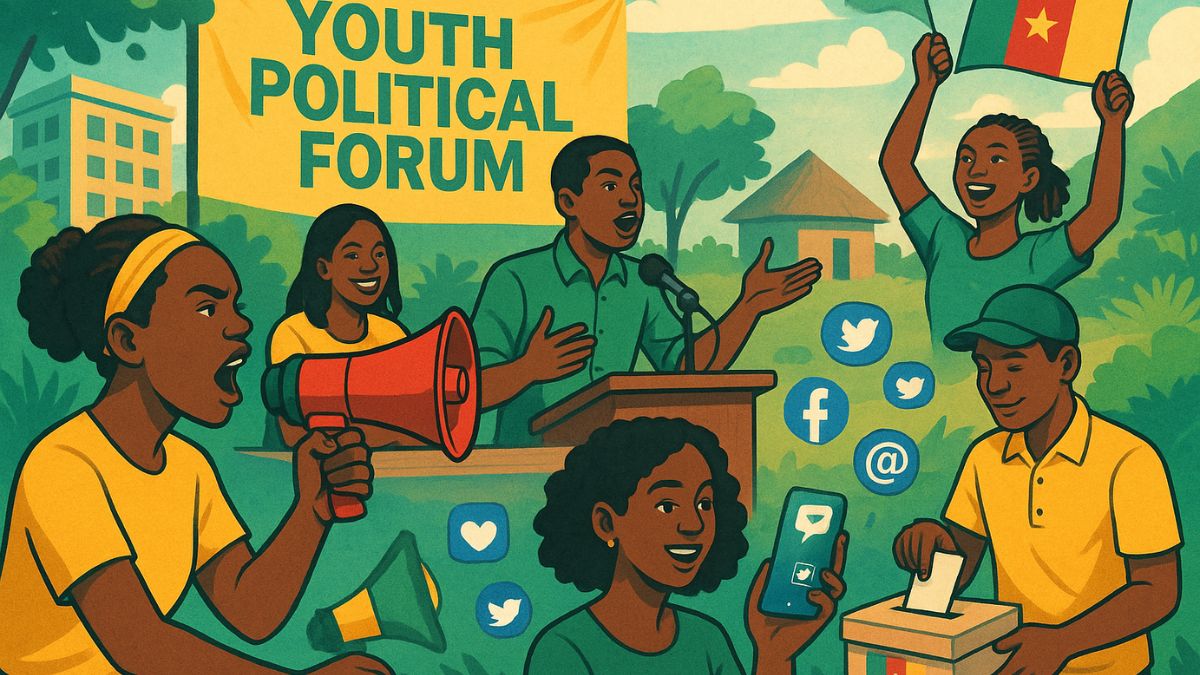The phrase “Youth are the leaders of tomorrow” has long been a staple in political discourse. But in recent years, it has evolved into something more immediate: “Youth are the leaders of today.” Around the globe, youth participation in politics is shifting from passive observation to active involvement. No longer content with merely casting votes, young people are running for office, organizing social movements, and shaping policy agendas. This trend is gaining momentum, sparking both optimism and caution.
In this blog post, we will explore the state of youth participation in politics, examining the drivers behind this shift, the challenges young people face, and what this means for the future of governance.
1. What Is Youth Participation in Politics?
Youth participation in politics refers to the involvement of people typically between the ages of 15 and 35 in political processes. This includes:
- Voting in local, national, or regional elections
- Joining political parties or movements
- Running for public office
- Engaging in civic activism, protests, and digital advocacy
- Participating in decision-making forums, councils, or youth parliaments
While voting remains the most accessible form, young people are increasingly pushing boundaries, using innovative strategies to influence political outcomes.
2. Why Is Youth Participation on the Rise?
Several global and regional factors are contributing to this surge in political engagement among youth:
Digital Revolution
Social media platforms like X (Twitter), TikTok, and Instagram have become modern-day public squares. Youth are using these tools to mobilize protests, pressure politicians, and expose corruption—amplifying their voices far beyond traditional political channels.
Disillusionment with Traditional Politics
Many young people see current political systems as corrupt, exclusionary, or out of touch. This has led to new movements that challenge mainstream ideologies and promote inclusivity, climate action, racial justice, and gender equality.
Global Crises
The climate crisis, economic inequality, and unemployment disproportionately affect youth. Faced with uncertain futures, they are demanding a seat at the table to shape policies that will define their lives.
Demographic Strength
In many countries—especially in Africa, Latin America, and Asia—youth constitute the majority of the population. Their sheer numbers make them an electoral force that can no longer be ignored.
3. Examples of Youth Impact Worldwide
Climate Movements
Figures like Greta Thunberg have galvanized millions to rally for environmental justice. Movements like Fridays for Future are youth-led and have influenced policy discussions at international forums like COP.
Elected Young Leaders
- Sanna Marin, Finland’s former Prime Minister, was appointed at age 34.
- Nayib Bukele, President of El Salvador, was elected at age 37 and gained massive youth support via social media.
- In Africa, countries like Uganda and Kenya have seen young politicians break into parliament, challenging long-standing political dynasties.
Online Political Organizing
Movements like #EndSARS in Nigeria or #FeesMustFall in South Africa show how digital activism can shift real-world policy and social awareness.
4. Challenges to Youth Political Engagement
Despite growing enthusiasm, significant barriers remain:
Structural Barriers
Many legal systems set minimum age limits that disqualify youth from contesting elections. Others impose bureaucratic hurdles that make it difficult for independent young candidates to participate.
Lack of Resources
Running a political campaign often requires funding, networks, and institutional support—resources young people often lack.
Ageism and Tokenism
Older political elites often dismiss youth as inexperienced. Even when youth are involved, it’s sometimes symbolic rather than substantive—a checkbox exercise without real influence.
Political Repression
In many authoritarian or semi-authoritarian regimes, youth-led protests and activism are met with violence, censorship, or imprisonment.
5. What Can Be Done to Foster Youth Participation?
Policy Solutions
- Lower voting and candidacy ages where possible
- Public financing for youth-led political campaigns
- Reserved seats for youth in legislative and decision-making bodies
- Civic education programs to teach youth about their rights and political systems
Youth-Led Initiatives
- Youth parliaments and councils can serve as training grounds for future leaders
- Youth wings of political parties offer platforms to shape party agendas
- Mentorship programs can bridge the gap between generations
Multi-Stakeholder Partnerships
NGOs, educational institutions, and governments can partner to provide platforms, funding, and training for young political actors.
6. The Future: Youth as Co-Creators, Not Just Voters
The growing visibility of youth in politics is not just a passing trend—it signals a shift in how politics is conducted. Young people are not waiting for permission; they are creating their own paths and redefining what political leadership looks like. From community activism to global diplomacy, youth are increasingly being recognized as co-creators of democracy, not just participants in it.
Final Thoughts
Youth participation in politics is undeniably a rising force—but it’s not without obstacles. To unlock the full potential of this demographic, political systems must evolve to become more inclusive, responsive, and representative. Encouraging youth to vote is just the beginning. The future of politics lies in empowering youth to lead, legislate, and transform society from the ground up.
Whether you’re a policymaker, activist, educator, or young person yourself—now is the time to invest in youth as agents of political change.

